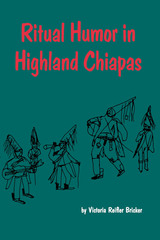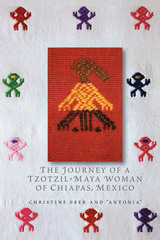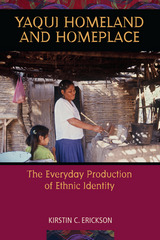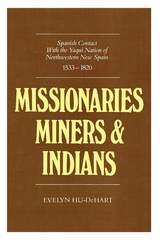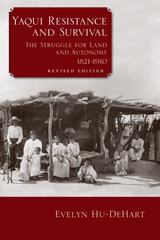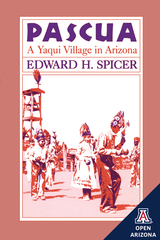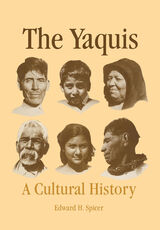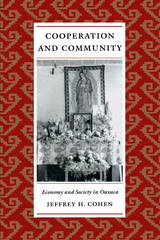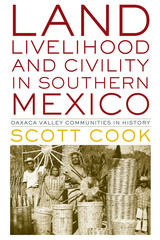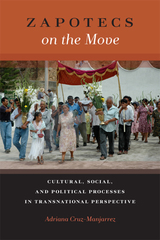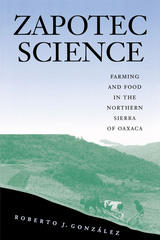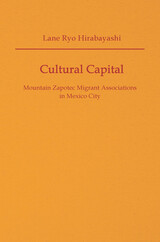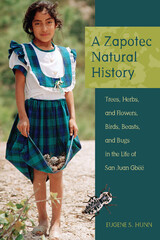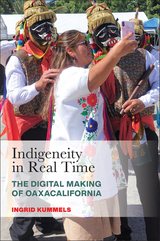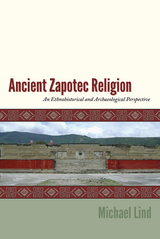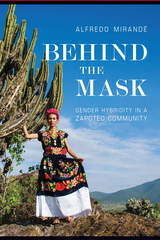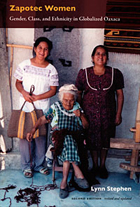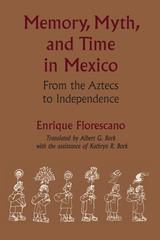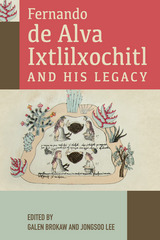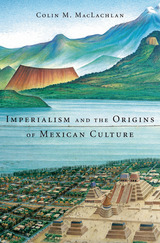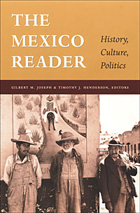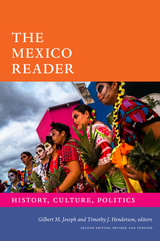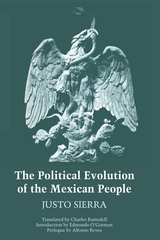Zapotecs on the Move: Cultural, Social, and Political Processes in Transnational Perspective
Rutgers University Press, 2013
Cloth: 978-0-8135-6071-7 | Paper: 978-0-8135-6070-0 | eISBN: 978-0-8135-6958-1
Library of Congress Classification F1221.Z3C76 2013
Dewey Decimal Classification 398.20899768
Cloth: 978-0-8135-6071-7 | Paper: 978-0-8135-6070-0 | eISBN: 978-0-8135-6958-1
Library of Congress Classification F1221.Z3C76 2013
Dewey Decimal Classification 398.20899768
ABOUT THIS BOOK | AUTHOR BIOGRAPHY | REVIEWS | TOC
ABOUT THIS BOOK
Through interviews with three generations of Yalálag Zapotecs (“Yaláltecos”) in Los Angeles and Yalálag, Oaxaca, this book examines the impact of international migration on this community. It traces five decades of migration to Los Angeles in order to delineate migration patterns, community formation in Los Angeles, and the emergence of transnational identities of the first and second generations of Yalálag Zapotecs in the United States, exploring why these immigrants and their descendents now think of themselves as Mexican, Mexican Indian immigrants, Oaxaqueños, and Latinos—identities they did not claim in Mexico.
Based on multi-site fieldwork conducted over a five-year period, Adriana Cruz-Manjarrez analyzes how and why Yalálag Zapotec identity and culture have been reconfigured in the United States, using such cultural practices as music, dance, and religious rituals as a lens to bring this dynamic process into focus. By illustrating the sociocultural, economic, and political practices that link immigrants in Los Angeles to those left behind, the book documents how transnational migration has reflected, shaped, and transformed these practices in both their place of origin and immigration.
Based on multi-site fieldwork conducted over a five-year period, Adriana Cruz-Manjarrez analyzes how and why Yalálag Zapotec identity and culture have been reconfigured in the United States, using such cultural practices as music, dance, and religious rituals as a lens to bring this dynamic process into focus. By illustrating the sociocultural, economic, and political practices that link immigrants in Los Angeles to those left behind, the book documents how transnational migration has reflected, shaped, and transformed these practices in both their place of origin and immigration.
See other books on: Cultural assimilation | Los Angeles | Migrations | Rural-urban migration | Social
See other titles from Rutgers University Press

